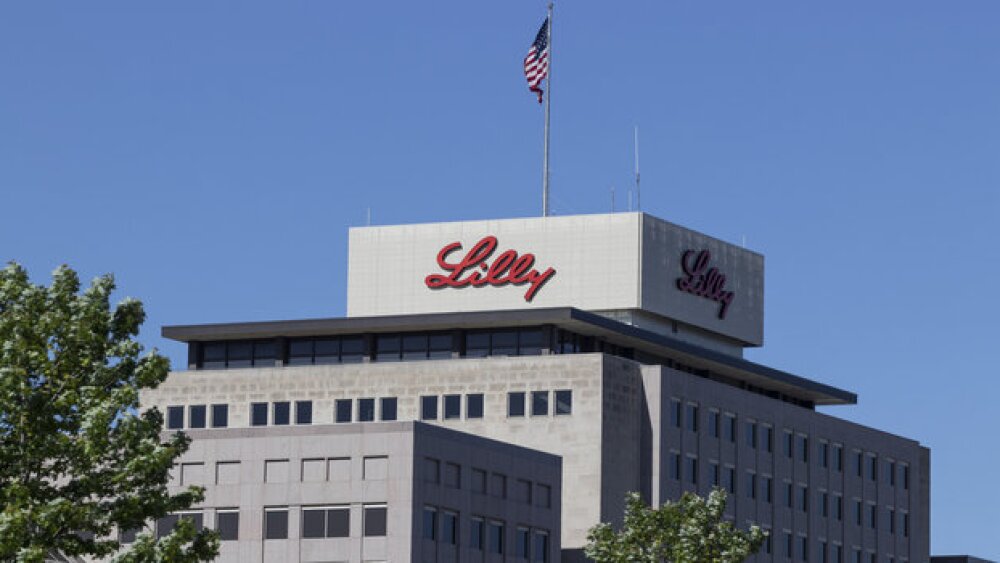Under a multi-year agreement announced Wednesday, Eli Lilly will leverage Haya Therapeutics’ proprietary RNA-guided genome platform to identify drug targets to address the chronic conditions.
Eli Lilly is diving further into the obesity space with a potential billion-dollar deal with Haya Therapeutics. The companies announced a collaboration Wednesday to utilize the Swiss biotech’s RNA-guided genome platform to target obesity and other metabolic conditions.
Haya scored an undisclosed upfront payment and equity investment and is eligible for up to $1 billion in milestone payments as well as royalties.
Under the terms of the multi-year agreement, Haya’s platform will support preclinical drug discovery for the hot obesity market to identify and validate multiple tissue-, disease- and cell-specific long non-coding RNA targets (lncRNA). Therapeutics developed as part of the collaboration could potentially reprogram disease-driving cell states for better efficacy and less toxicity than current treatments, according to the companies.
”This partnership with Lilly demonstrates the significant advances we have made with our revolutionary regulatory genome RNA-guided platform and validates the potential of targeting lncRNA for chronic conditions,” Haya CEO Samir Ounzain said in a statement.
Long non-coding RNAs make up around 98% of the human genome, dubbed the “dark genome.” LncRNAs regulate disease-associated gene pathways and proteins and trigger a disease-associated cell state.
This is Haya’s first Big Pharma collaboration. Last week, Bayer and NextRNA forged a pact in the up-and-coming space to jointly develop lncRNA therapeutics for oncology. NextRNA received $547 upfront to develop two first-in-class small molecules targeting lncRNAs.
In 2023, Lilly said genetic medicines made up over 25% of its pipeline. The pharma dropped $700 million in 2022 on a new R&D facility in Boston dedicated to these cutting-edge medicines. The company contends that gene therapies have the potential to transform treatment options for diabetes and obesity, with less frequent dosing making the chronic conditions more manageable.
Lilly’s recent efforts have brought it to the forefront of the obesity treatment landscape. Less than a year after hitting the market, Zepbound sales totaled $1.24 billion in the second quarter of this year, exceeding Wall Street expectations.
The collaboration with Haya could lead to the next-generation of obesity medicines, beyond the booming GLP-1 market, which is estimated to be worth $47.4 billion in 2024 with a massive compound annual growth rate of 33% by 2032.






